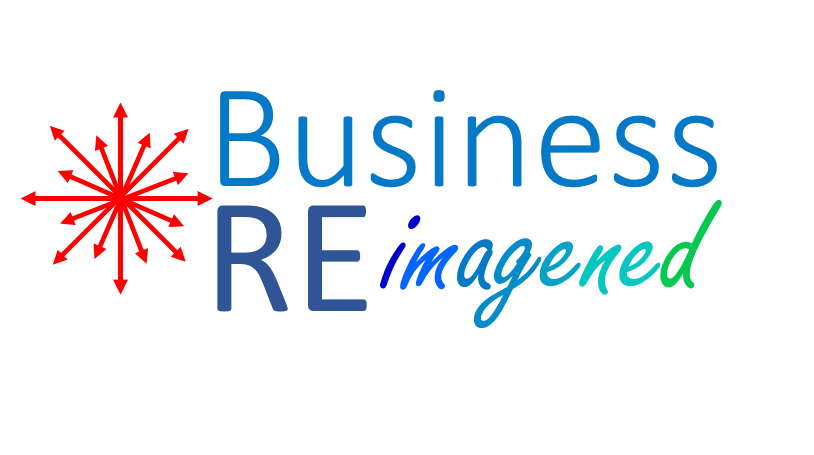Using “Hidden” Data To Predict Business Outcomes

Using “Hidden” Data To Predict Business Outcomes
Using “Hidden” Data To Predict Business Outcomes
John Holobinko, Managing Director, Business Reimagined, LLC
If you are a big business, you are used to looking at bookings as one of the major means to forecast future revenue. If you are a small business, in some cases you may do the same. But there are ways other than tracking orders or bookings to gain early visibility into future revenue, thereby giving you the ability to make adjustments in resources or take other actions in advance of your revenue fluctuations.
In World War II, the concept of metadata was used to predict what the Germans were going to do in advance, even if the British and Americans could not decrypt every message in advance. The metadata was simply the measurement of the amount, timing and locations of communications messages that the Germans were doing. By knowing this information, the Allies could predict when troop movements were happening, where certain communications network centers were located, and other key information without the need to decrypt each and every message.
Similarly in your business you likely have “metadata” that you can easily track to gain key information about future business.
I once worked for a multi-billion dollar business. Prior to my joining they had to take a $1 Billion write down on inventory. The reason for this was they had built too much of certain products ahead of time because they did not see a slowdown in demand coming for those products. By the time bookings declined it was too late. The inventory was already built. However, if they had used some readily available metadata, they could have foreseen the slowdown much earlier and likely avoided overbuilding inventory. Instead, management was fixated with using bookings reports and manufacturing lead times as their main revenue forecasting tools, resulting in building too much product which was unsold.
How can your business have fewer downside and upside surprises? To get you to think about what "Hidden Data", i.e. metadata you might already have or easily generate, here are some examples of metadata relative to bookings and sales:
If your business routinely provides customer quotations, you can track the number of quotations per month, total $ value of quotations per month, the $ value by product, and measure the monthly +/- trends. A two month downward quotation trend is an early warning indicator that something is changing in your market or your business performance and is an early indicator of future revenue. There is no need to wait until bookings orders decline to take action. (But you do need to make it an absolute requirement that this information is accurately entered into your CRM system.)
If you are a retail business, you can measure the monthly # of transactions, monthly $ value per transaction, even by SKU, and look at these trends by time periods. An even earlier indicator for retailers who have foot traffic is the number of persons who enter your store monthly or even weekly. A change that continues for more than a few weeks may be an early indicator. This is your “metadata” relative to future revenue performance. It gives you a warning that you need to figure out what is going on and to take action (even when the indicators are positive, you may need to take action early to capitalize on a new trend.)
While these examples may not exactly fit your business, more than likely you can identify one or two key measures that you can track that are potential early indicators of future business performance. The important thing is to track and compare the measurements month to month and year over year, to see how the underlying business activity ultimately results in revenue.
To conclude,
- You likely have or can easily obtain, "metadata" around business activities that correlates to future sales
- You can make you life easier by tracking this data and comparing it to previous time periods as an indicator of change going on in your business
- Having information earlier will help you to make better, faster decisions relative to your business.
